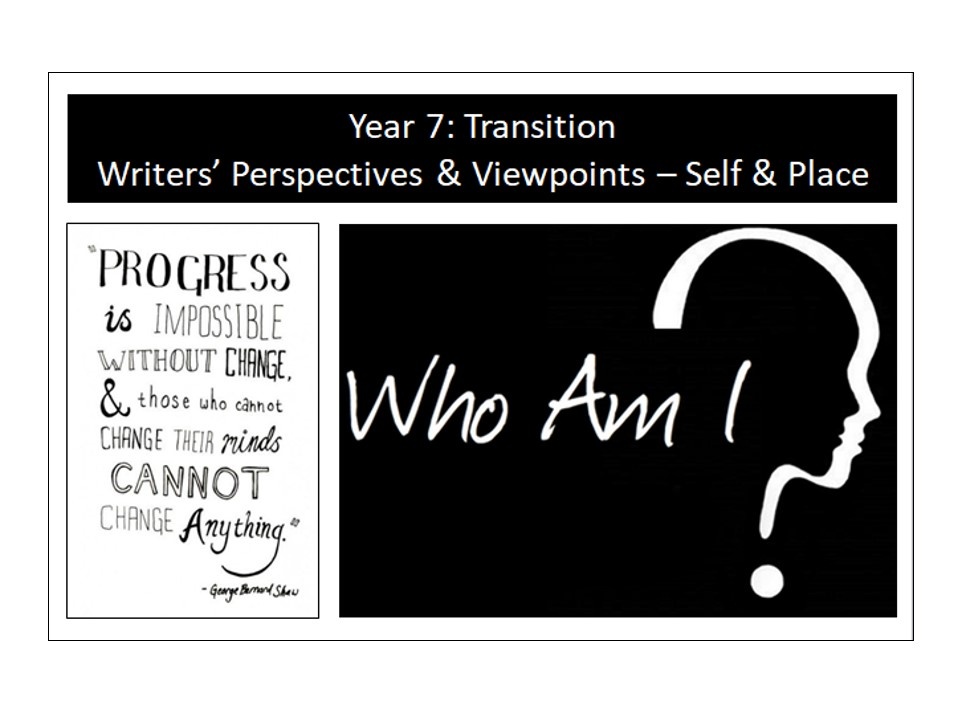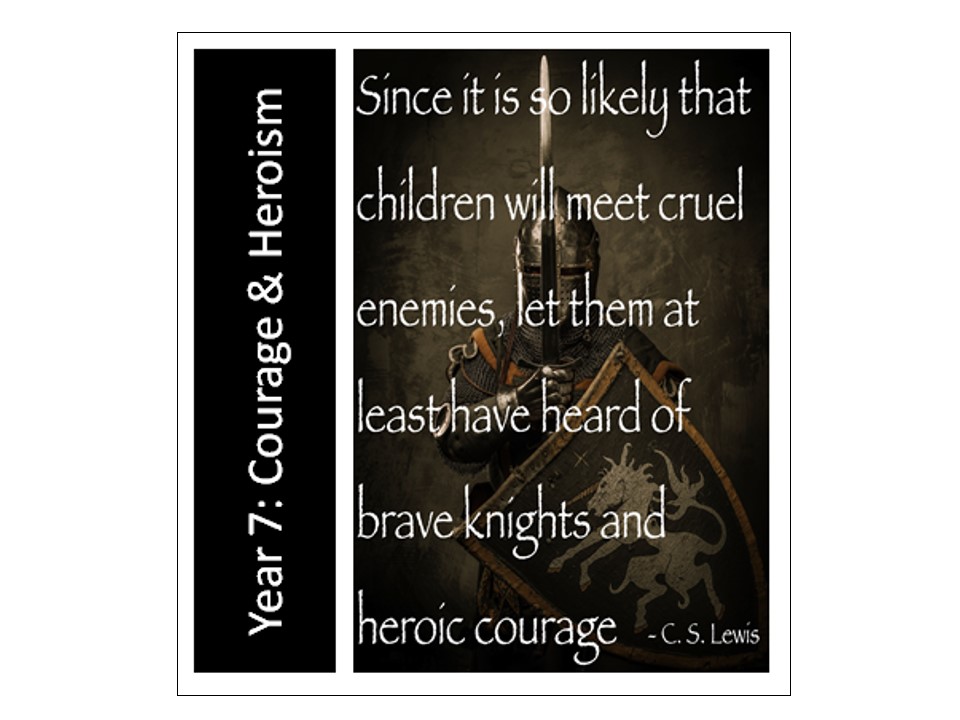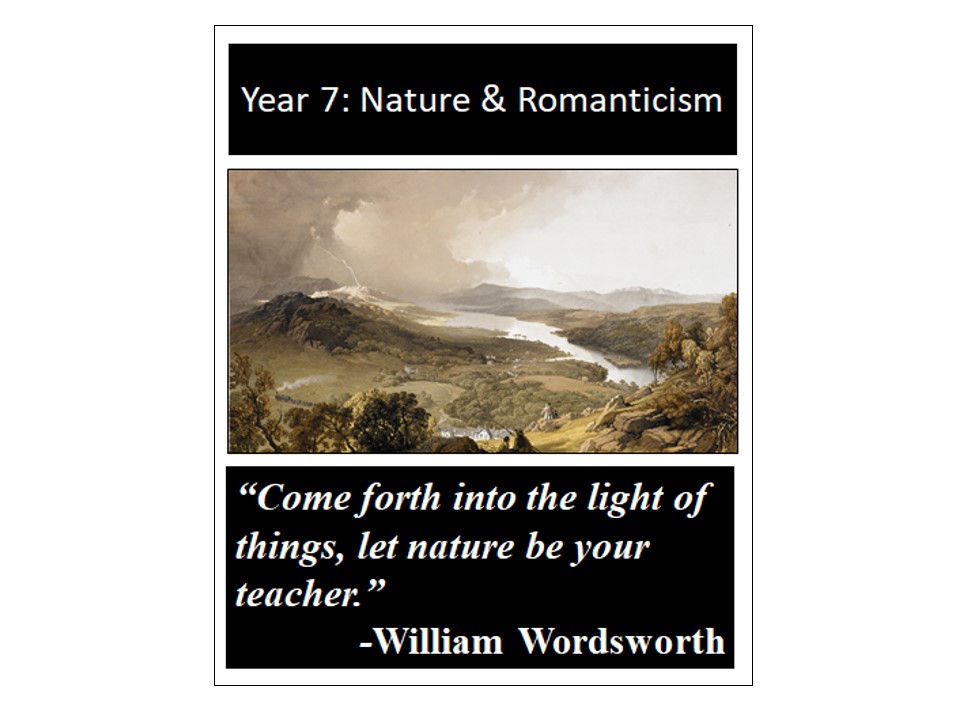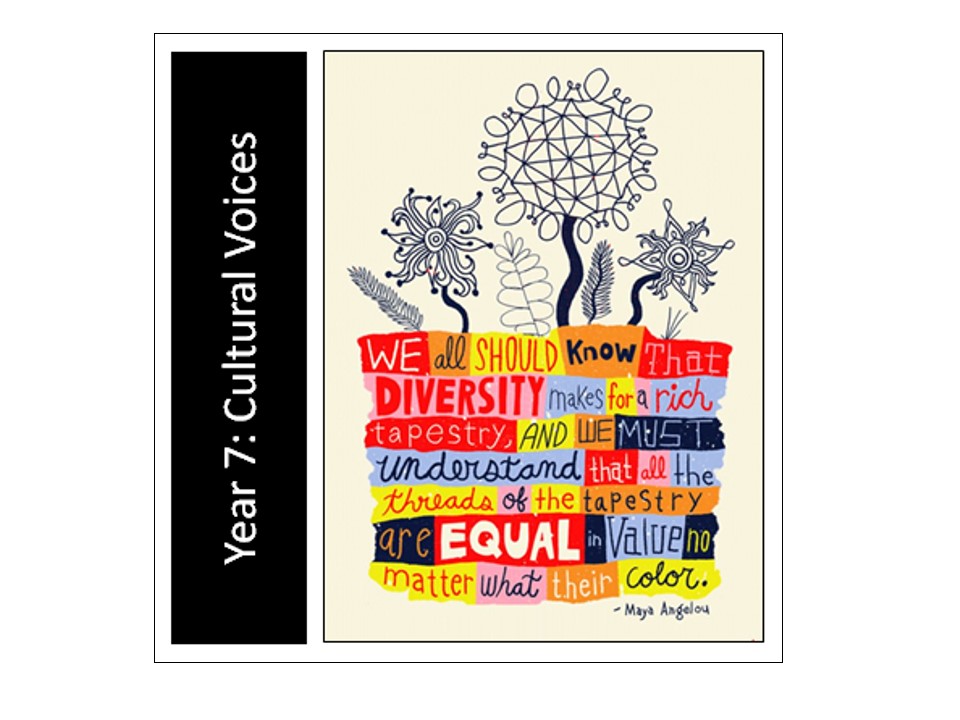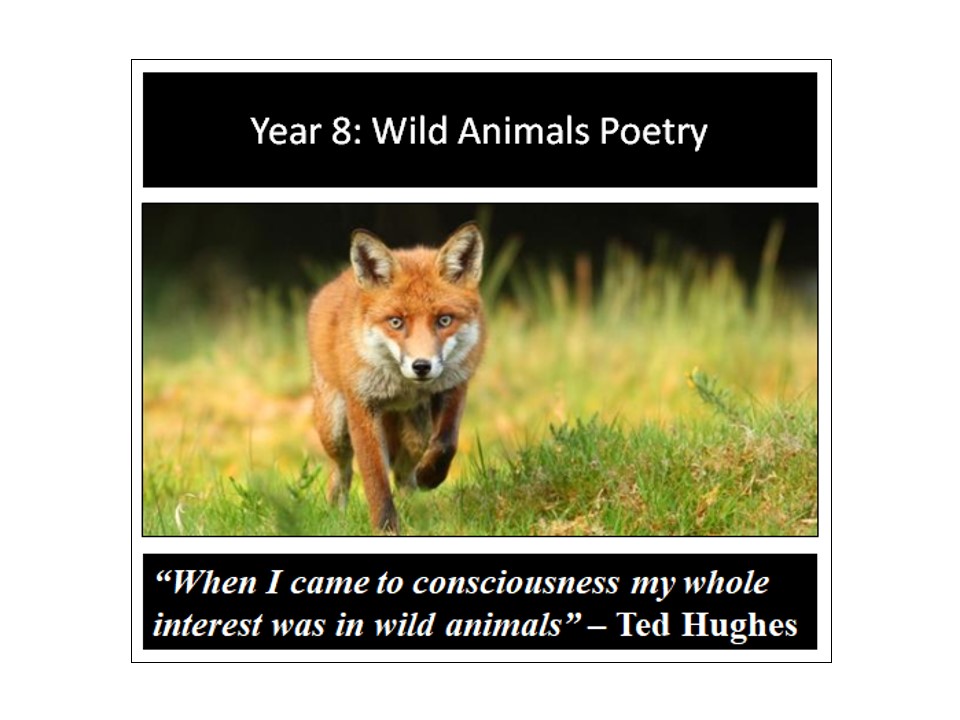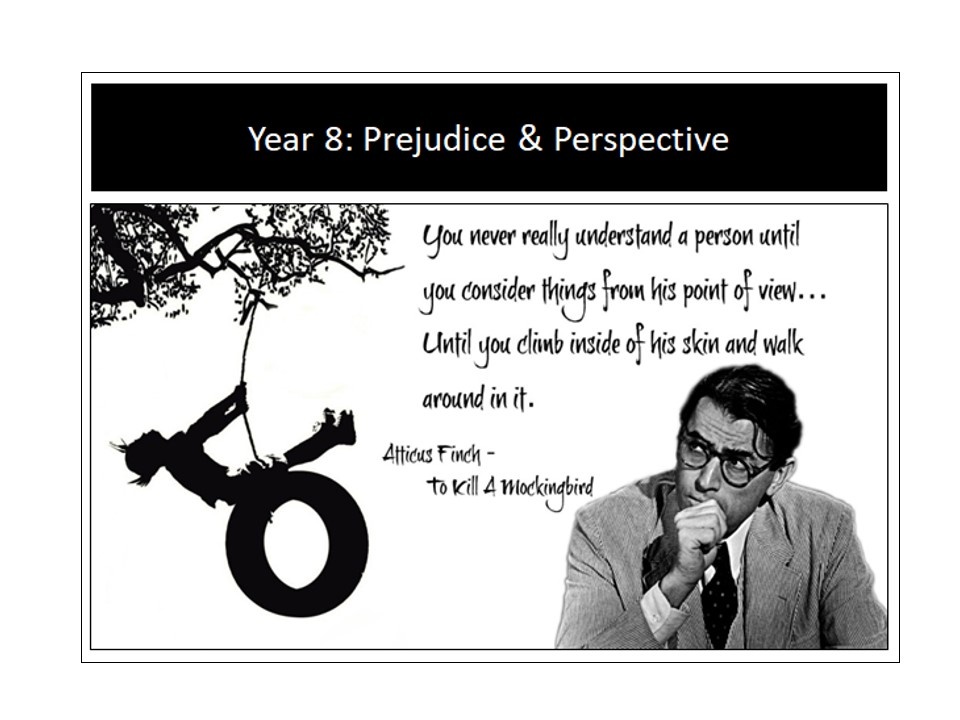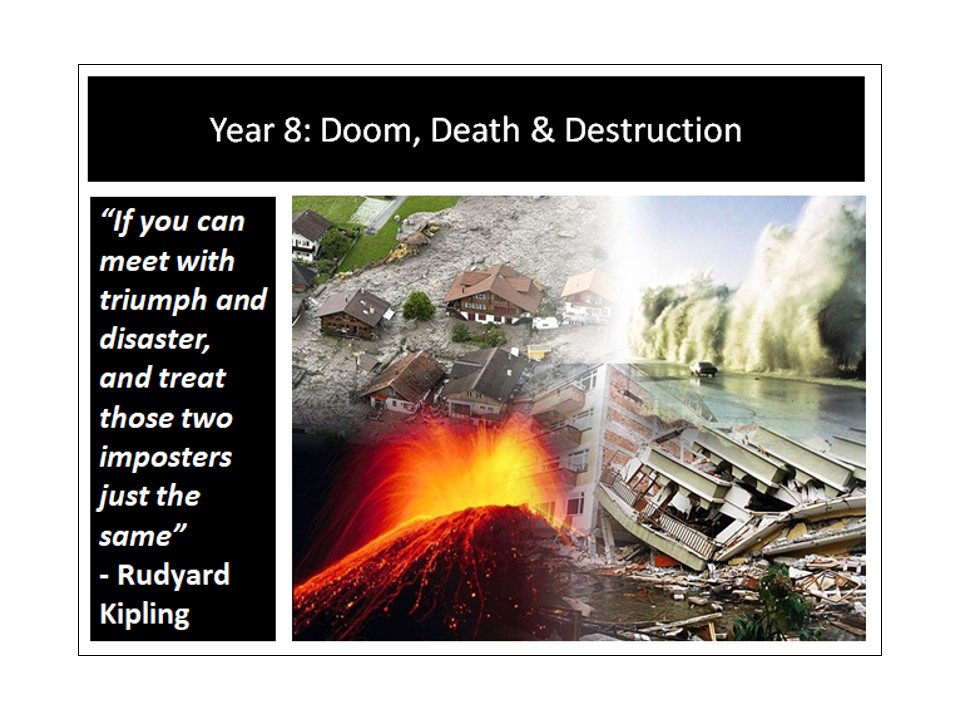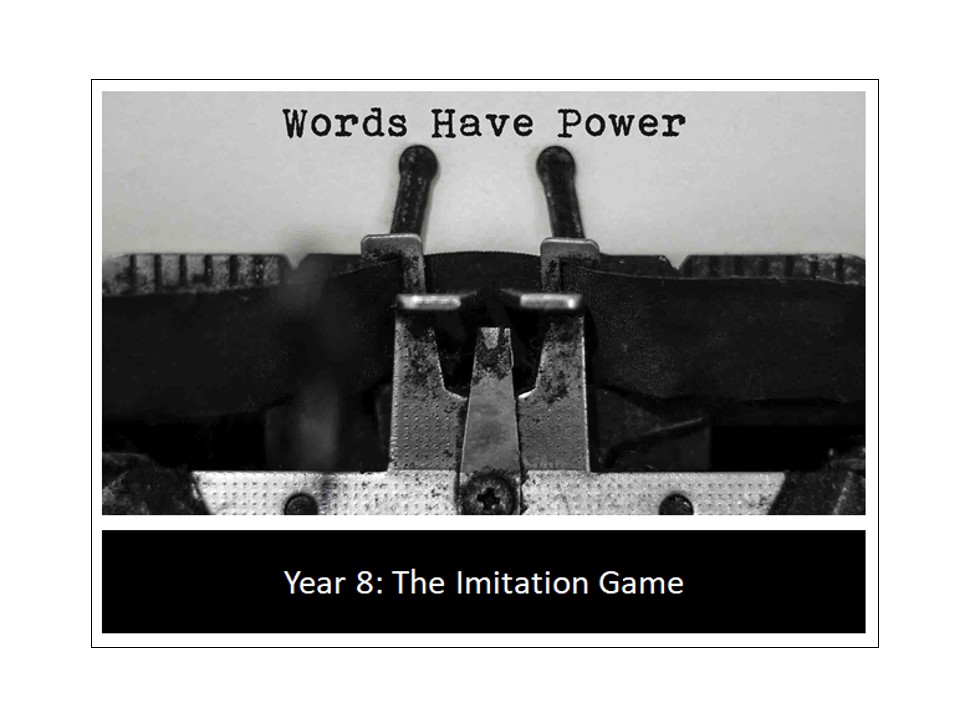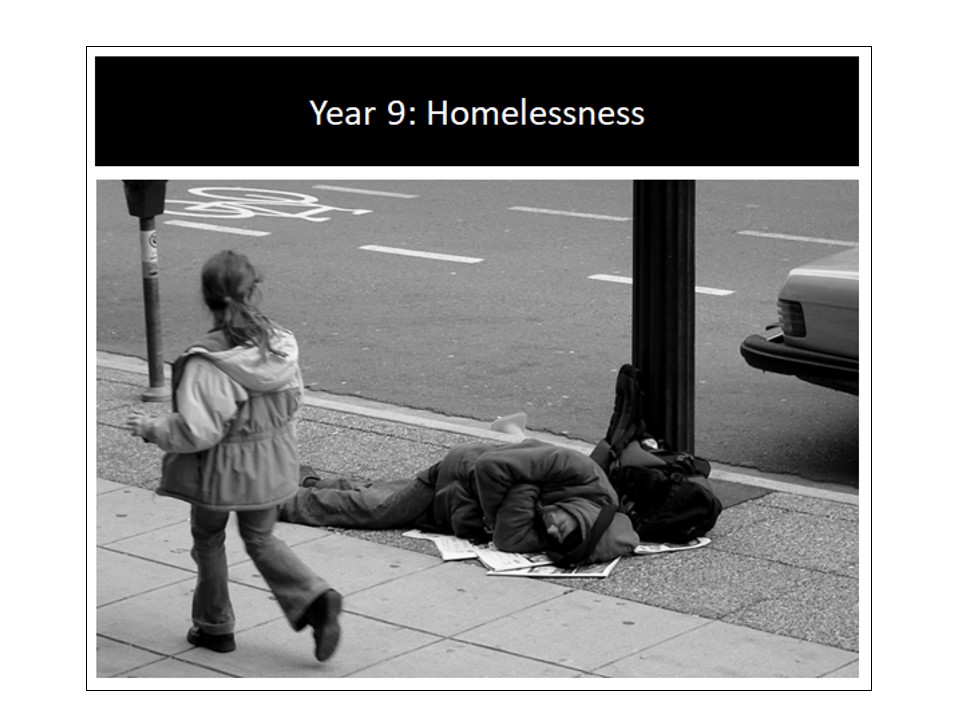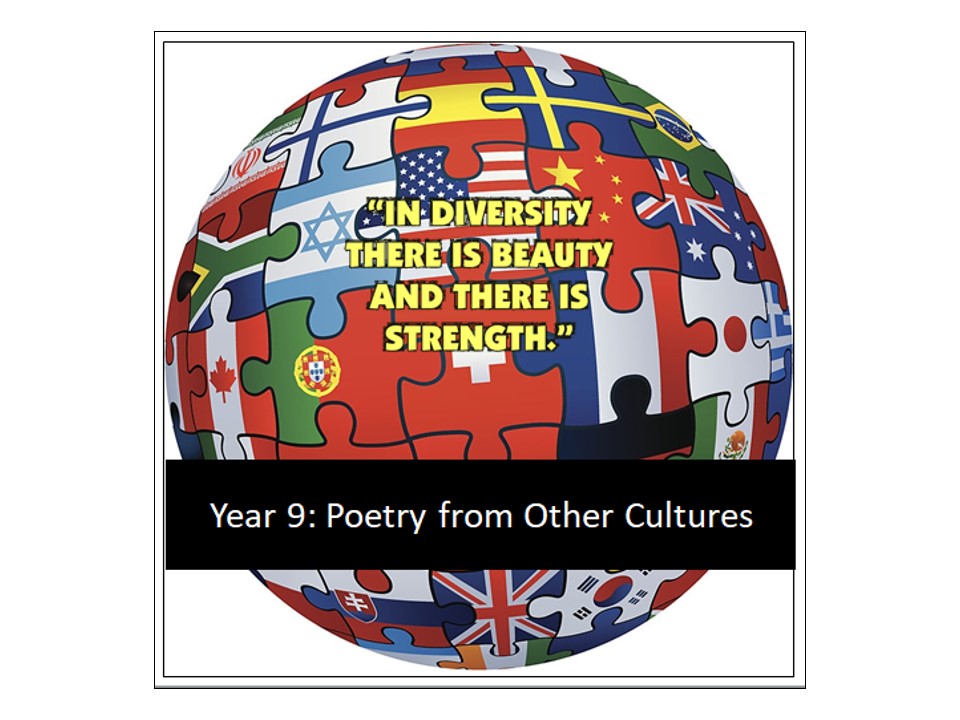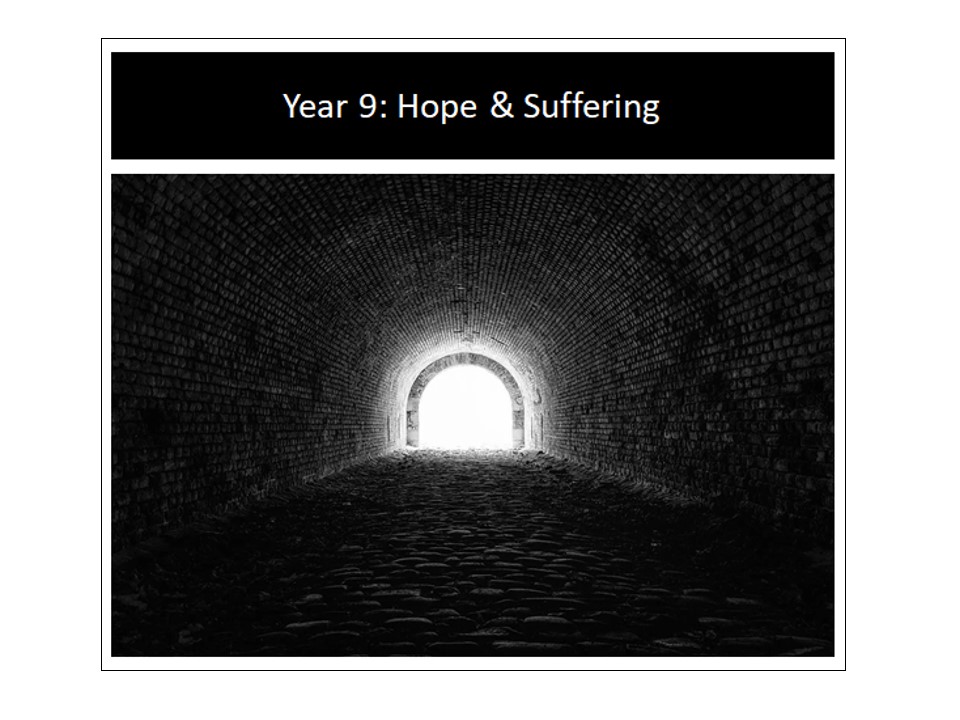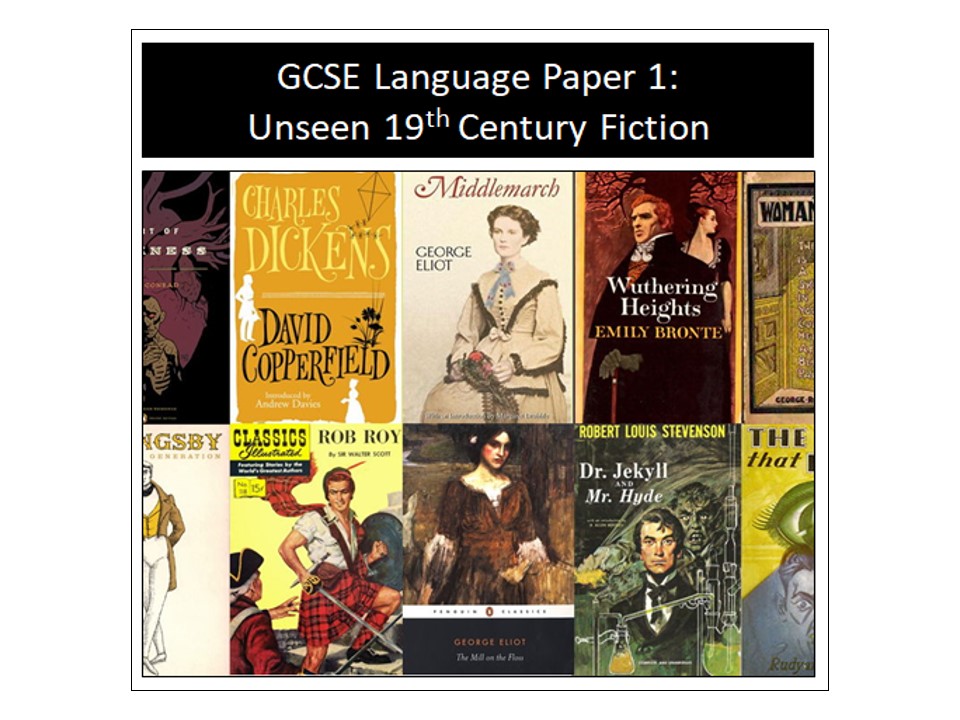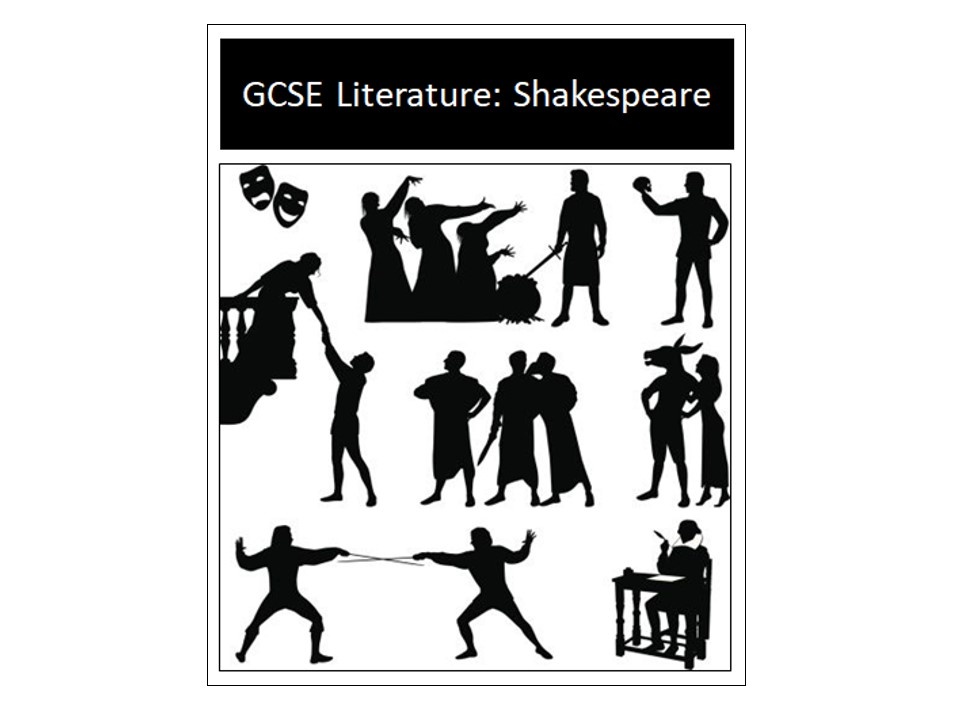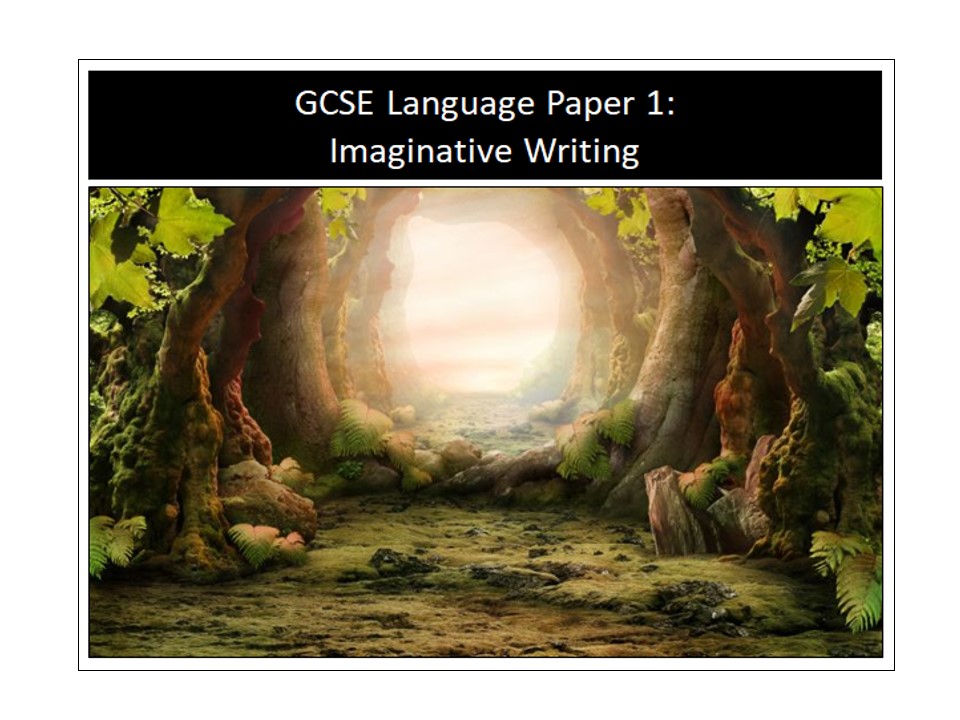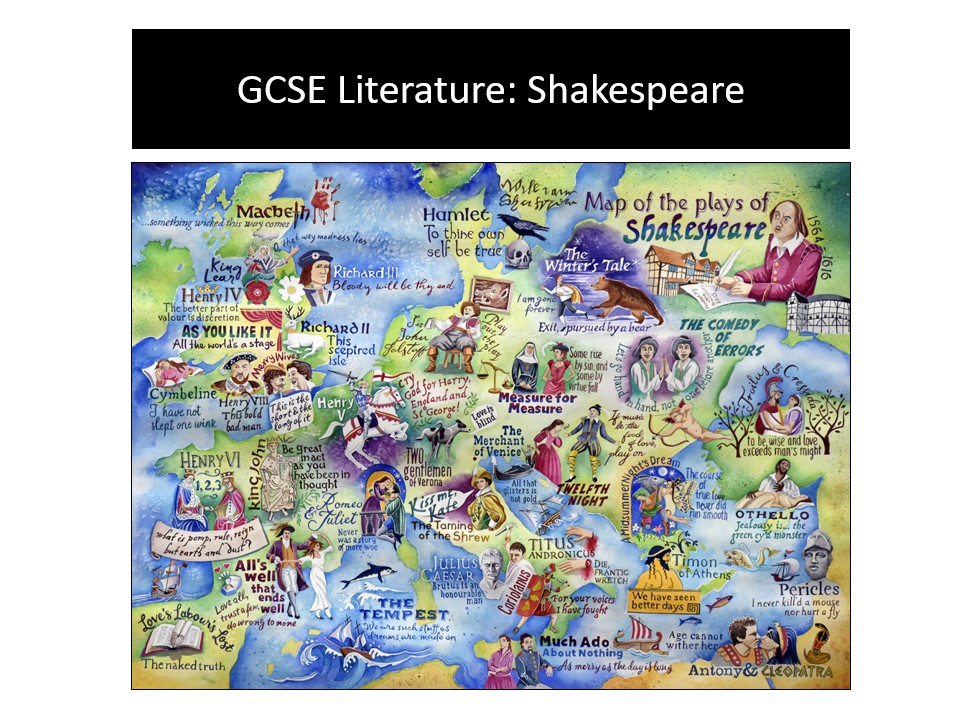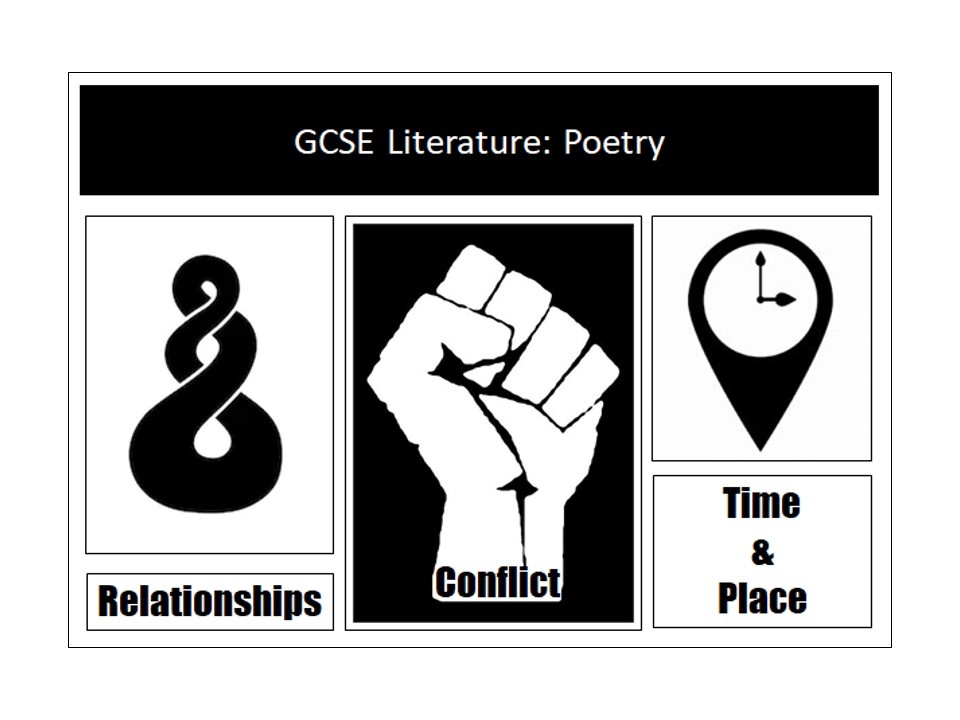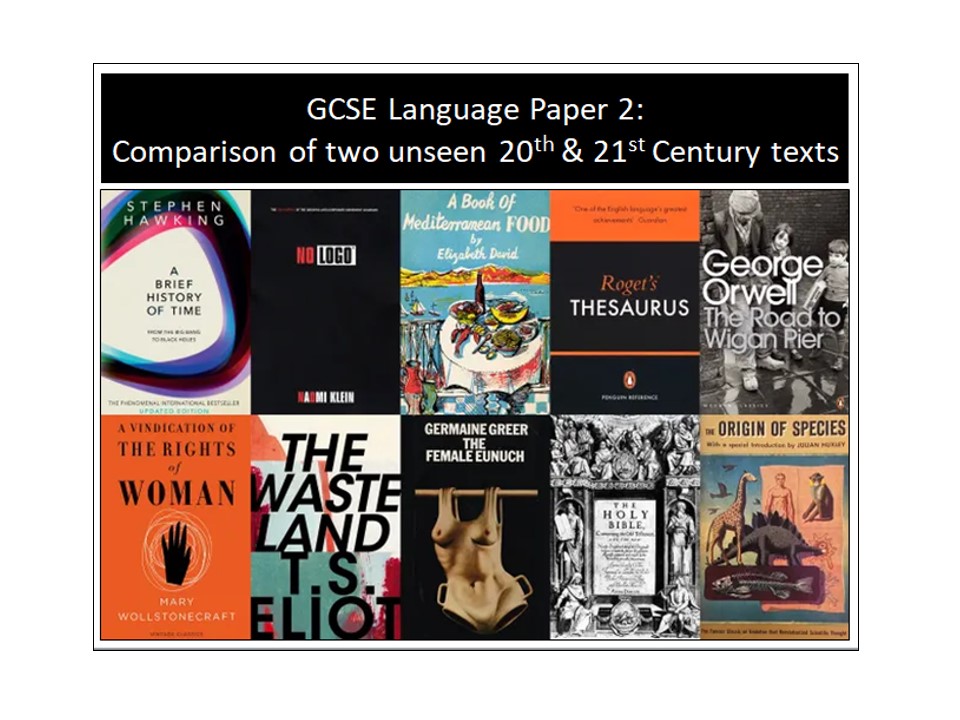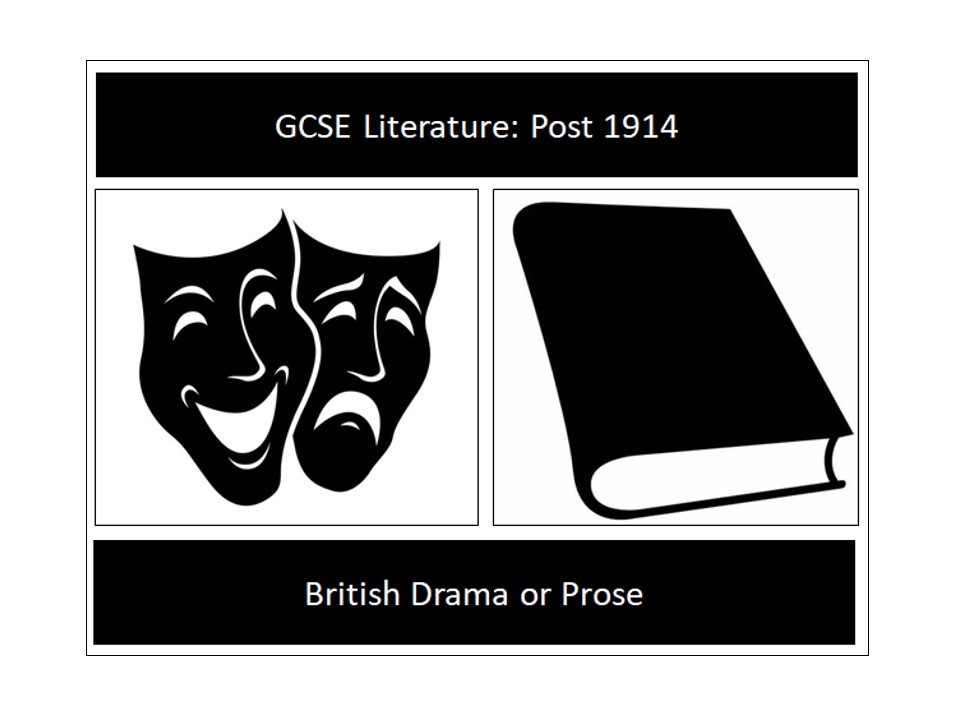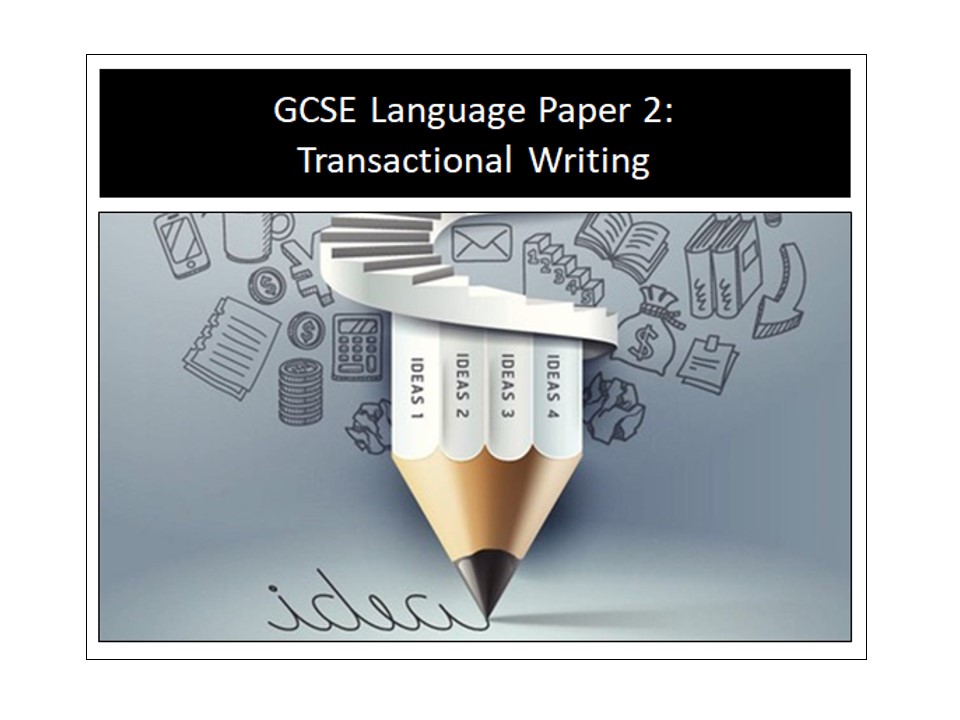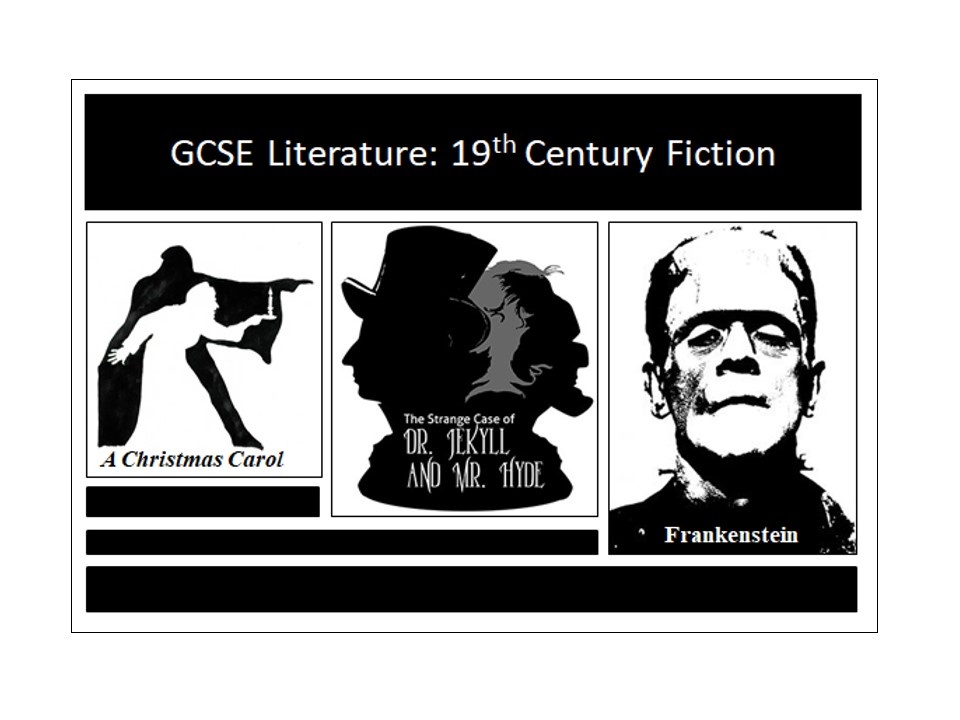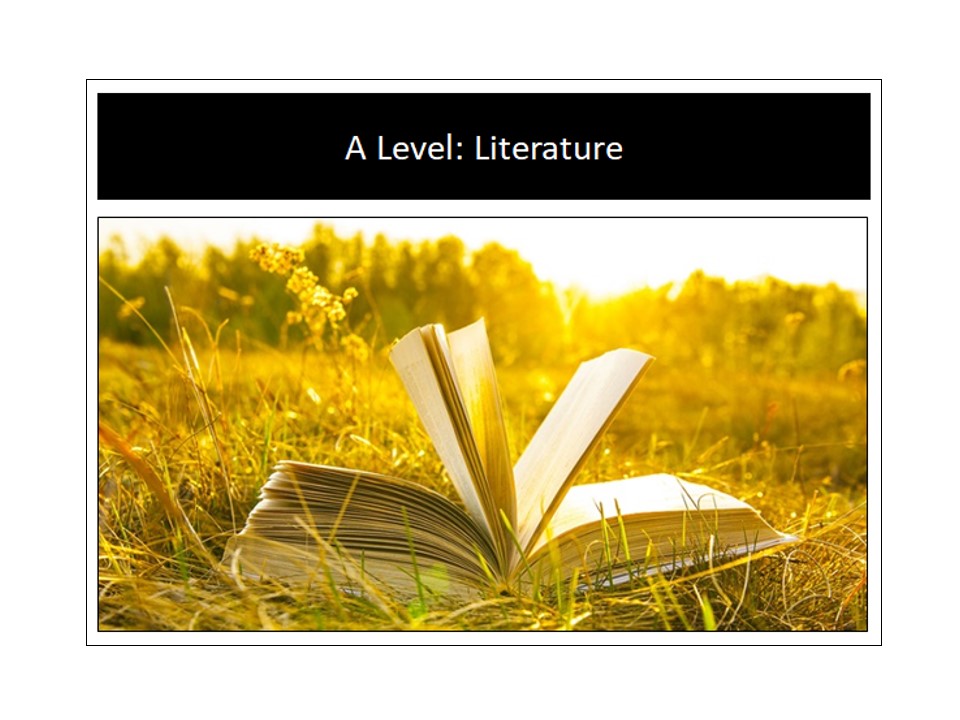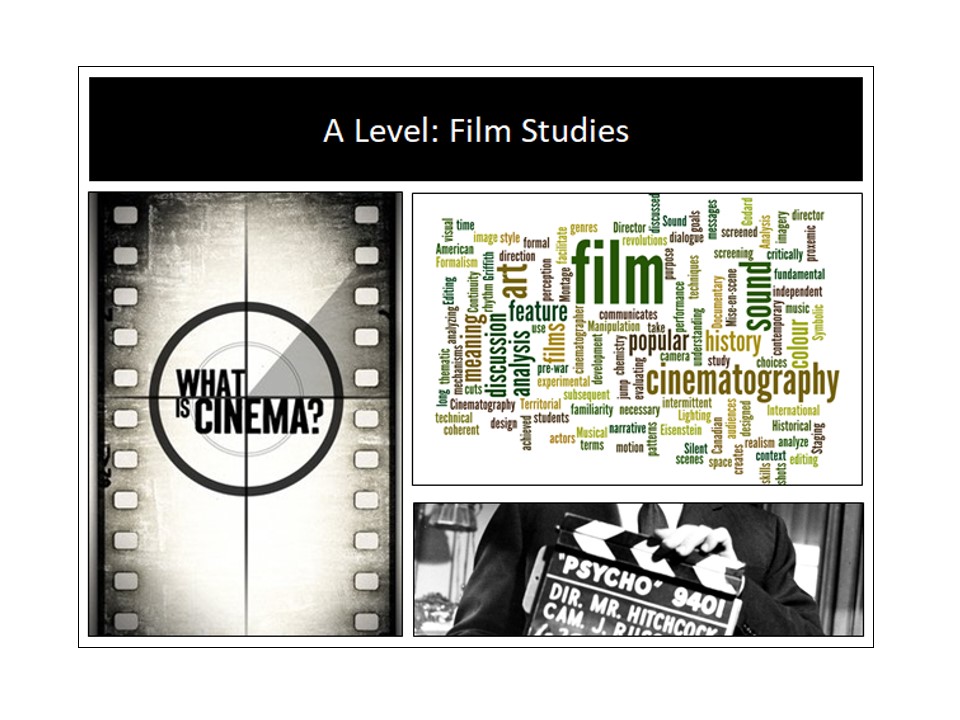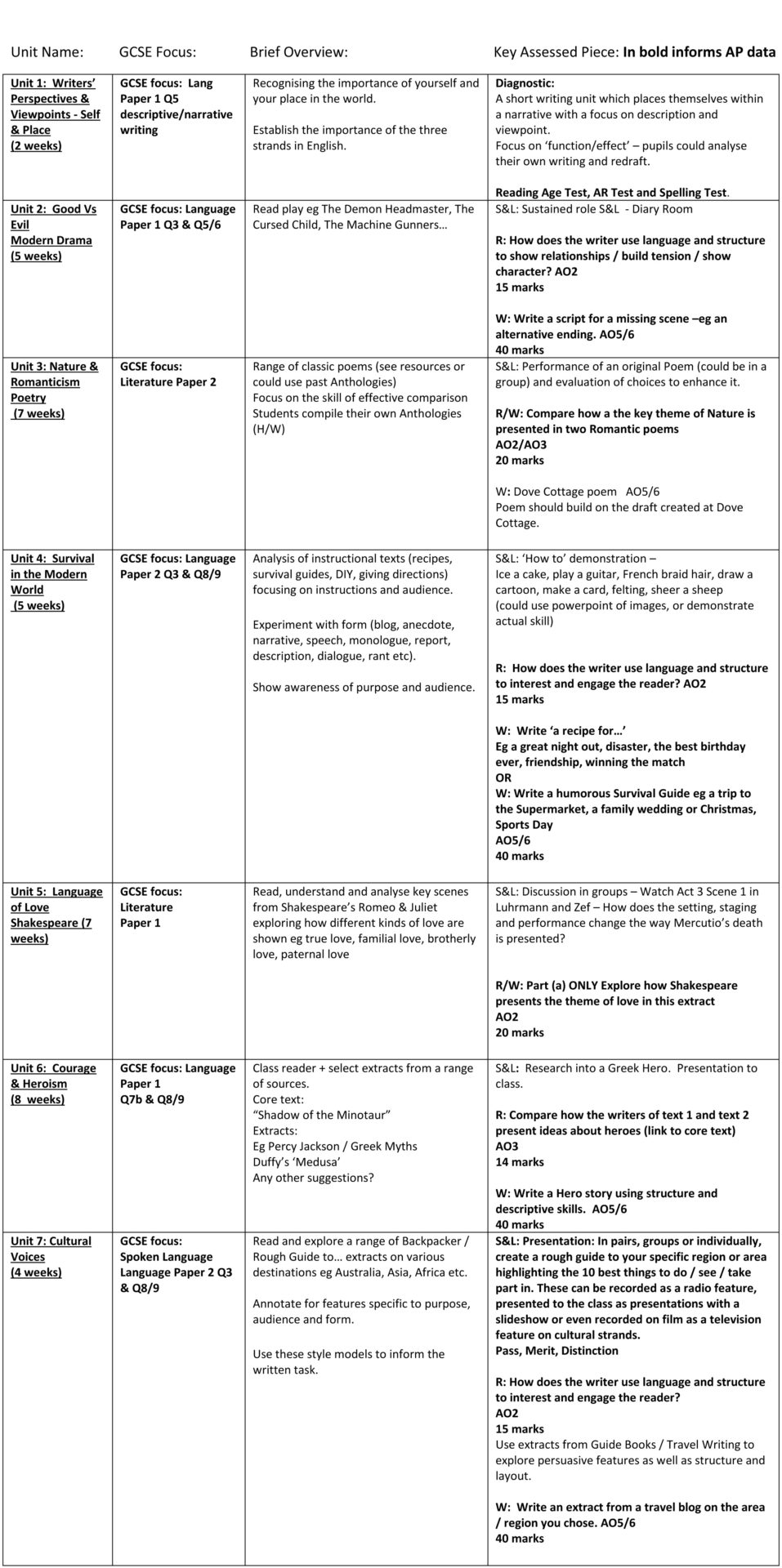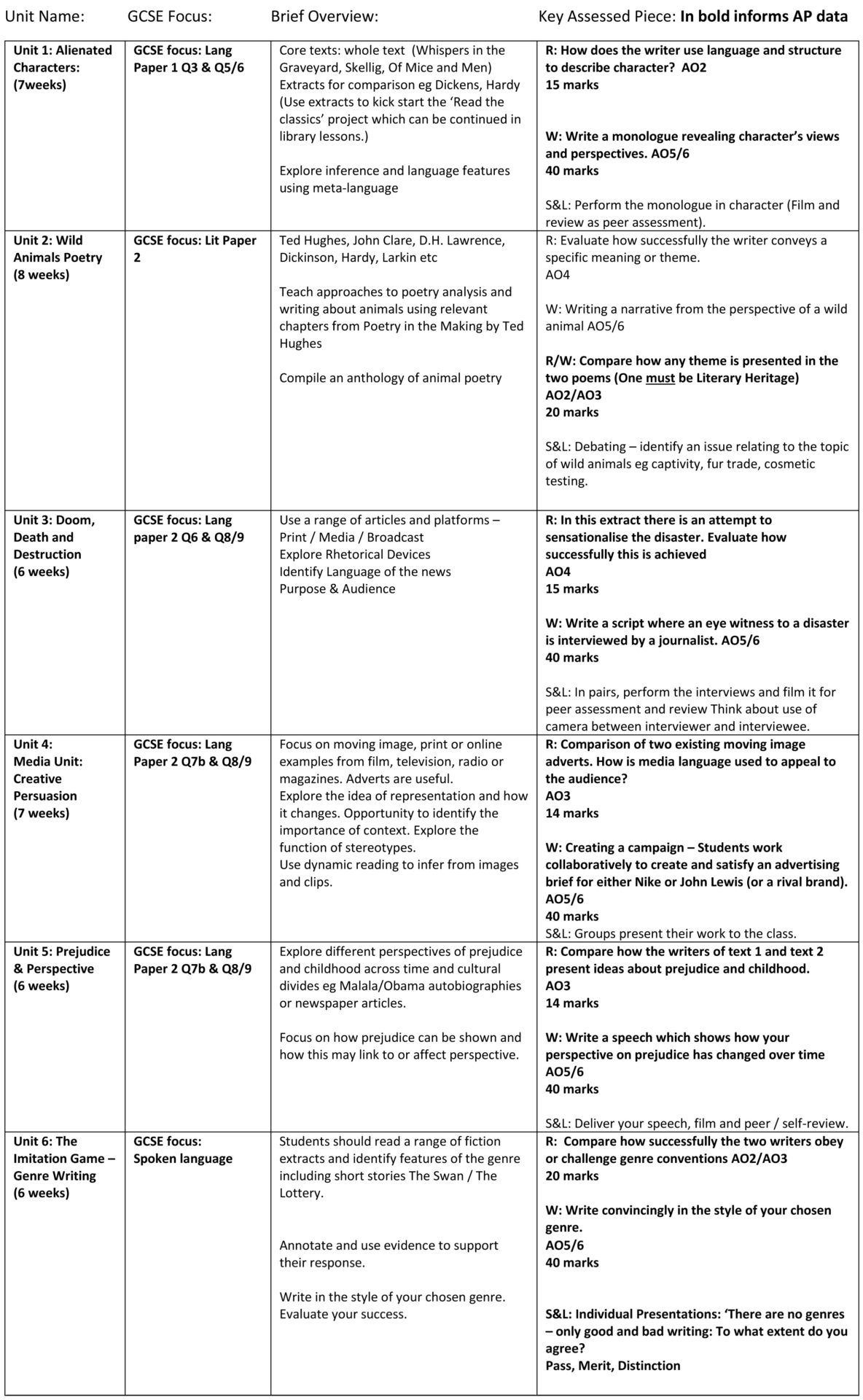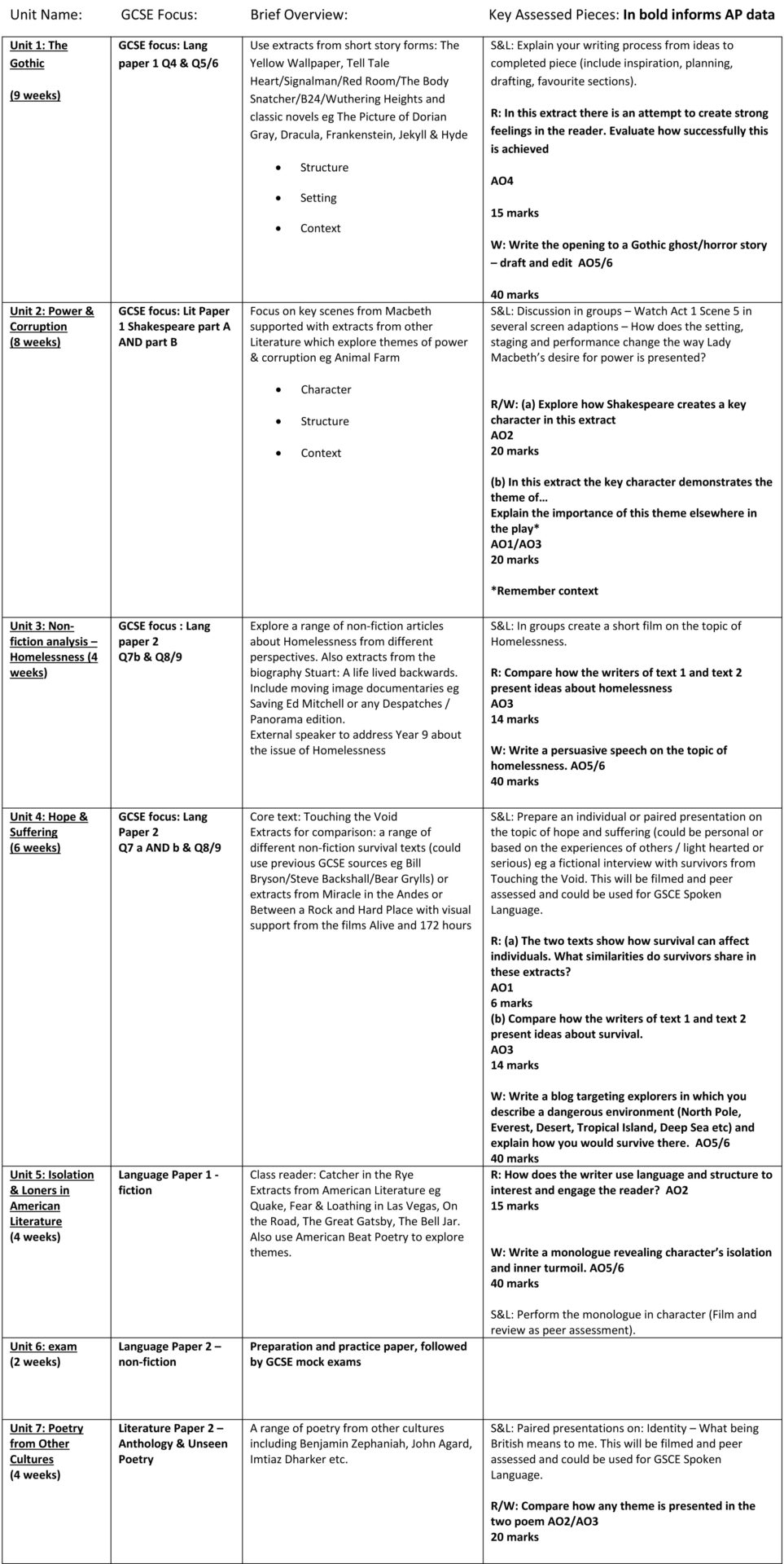ENGLISH
English has a pre-eminent place in education and in society.
A challenging and inspiring education in English empowers students to speak and write fluently so that they can communicate their ideas and emotions to others and through their reading and listening, others can communicate with them.
On a journey of reading in particular, students are presented with an opportunity to develop and grow culturally, emotionally, intellectually, socially and spiritually. Literature especially plays a pivotal role in such development. Reading also enables students both to acquire knowledge and to build on what they already know. All the skills of language are essential to participating fully as a member of society; pupils, therefore, who do not learn to listen, speak, read and write fluently, creatively and with confidence are effectively disenfranchised.
Whilst we acknowledge the relevance and importance of Ofsted and the need for students to pass examinations, in English our intent is not limited by those restrictions. Instead, our intent stretches far beyond this and aims to foster in our students a lifelong love of Literature. For us, it encompasses the perfect union between the intricacies and idiosyncrasies of the English language – the quirks and creative dynamism, the sparking of emotions which stem from carefully crafted expression, the sheer delight in word play and ambiguity – coupled firmly to, and deeply rooted within, the more formal side of syntax and grammar, form and function, lexis and semantics.
For it is at this crossroads where the true beauty of the subject lies.
Reading skills
Impact on...
Adaptive practice
Consistency of provision
Y7 framework
Y8 framework
Y9 framework
GCSE framework
A-Level framework
KS3 In Detail
GCSE Useful Information
A Level English Literature
AS Film Studies
A Level Film Studies
Additional documentation
Past papers
GCSE Language
GCSE Language Paper 1 June 2017
GCSE Language Paper 2 June 2017
GCSE Language Paper 1 November 2017
GCSE Language Paper 2 November 2017
GCSE Language Paper 1 June 2018
GCSE Language Paper 2 June 2018
GCSE Language Paper 1 November 2018
GCSE Language Paper 2 November 2018
GCSE Literature
GCSE Literature Paper 1 June 2017
GCSE Literature Paper 2 June 2017
GCSE Literature Paper 1 June 2018
GCSE Literature Paper 2 June 2018
A Level Literature
A Level Literature Paper 1 June 2017
A Level Literature Paper 2 June 2017
A Level Literature Paper 3 June 2017
A Level Literature Paper 1 June 2018
A Level Literature Paper 2 June 2018
A Level Literature Paper 3 June 2018


















